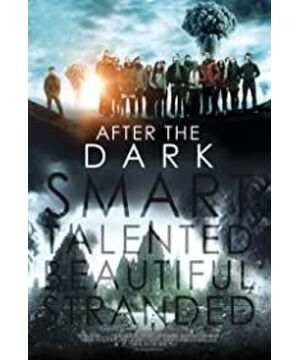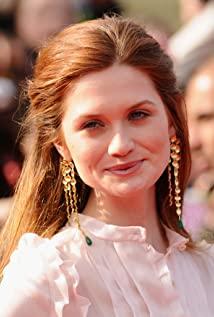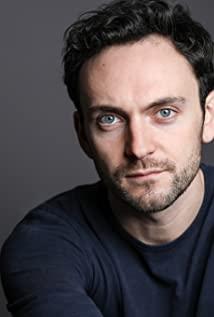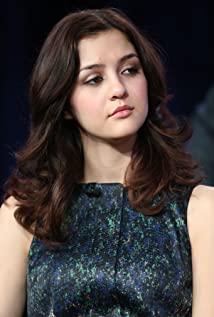In the third experiment led by the heroine, everyone used the sensibility of "love" to make choices and live happily, but the result was still dead.
Therefore, the teacher is an absolute rationalist, and the heroine is a silly mother who preaches "love".
NO!
Such a rational teacher would consider the heroine as the smartest student, in order to think that she is the only person in the world who can understand him and will become a lover, but it is really not because of his lack of love.
What an ultra-rational person should look like, personal humble opinion, is not like a teacher, but like a heroine.
The teacher’s rationalism can be said to be a kind of belief, but the heroine has a so-called God’s perspective—not only recognizes this thing, but also plays with these things.
What role did she play in her third experiment? Everyone believes in her, whether there is a spiritual leader, and in the end, everyone is willing to dedicate their lives for "love" or not, the interests of life are irrelevant under this great "love".
If you really want to promote love, the ending of the film will be that everyone creates a new world together. After all, the people who are left have good IQ abilities. Robinson was not originally a wild survival expert.
The only reasonable explanation is that the heroine, like the teacher, has seen the final result a long time ago, and she has seen it farther. She chose to deceive, not to expose the rational truth, and instead use "love" that sounds particularly lofty to influence everyone. Everyone was immersed in peace and happiness, leaving life and death aside.
Especially in the last scene of the "underground love" exposure, the reason is like the teacher's emotions are lost and sad, and the heroine is so calm and indifferent (this is what the mother of love is like).
When they decide that they are the most suitable for each other, the heroine can calmly say that they are not suitable. That woman in love can analyze so calmly—the reason why it is not suitable is that they are all too aware of the nature of the world, the nature of life, so the "not smart enough" of the male protagonist is suitable for her.
So the absolute intellectualist mentioned earlier is like the heroine. She has seen everything and is cold enough to enjoy the "goodness" without piercing the "truth".
When the fantasies of French fries that are purely YY are recognized by everyone, who is rational.
So everyone left their textbooks with contempt and sympathy, and expressed the indifferent attitude that "philosophy is to life, as masturbation is to sex" to the philosophy that they have studied for a year. Everyone left with a smile, as if a simple child finally proved with their love that the rationality of adults is just a paranoid error.
And the heroine who led them through all of this said to the teacher who forced them to learn to think rationally, "You trouble me (you hindered me)" At the
end of the end, the teacher’s three-time upstairs is not just the end of the mystery. The picture and background music are obviously and deliberately different. When the teacher closes his eyes at the end, and then the female protagonist opens his eyes, does it mean that the most stubborn elements have also been "enlightened" by love?
However, everything is a personal feeling, so maybe it's just that my heart is darker, think too much!
View more about After the Dark reviews











